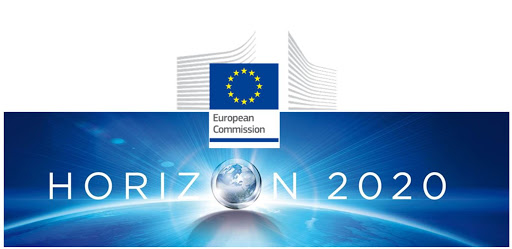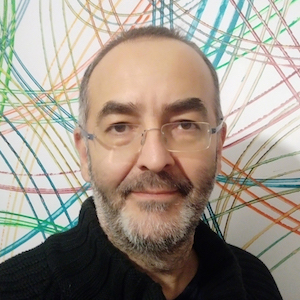Natural radioactivity in the marine environment has been present since the Earth’s formation, while artificial radionuclides were introduced into the oceans in 1944. More recent direct sources exist that feed the oceans, such as low-level liquid discharges from reprocessing plants, large-scale releases due to disasters (e.g. Fukushima hit by the tsunami in 2011), and smaller-scale radiological events. Exploration of submarine environments should consider the existence of radioactivity in terms of its short- and long-term impact on marine and coastal ecosystems, also in correlation to natural hazards, such as seismic activity over submarine faults. Significantly undersampled in oceans, radioactivity poses real risks to marine ecosystems and human population, urging for detailed, data-driven modelling.
RAMONES aims to offer new and efficient solutions for in situ, continuous, long-term monitoring of radioactivity in harsh subsea environments. A new generation of submarine radiation-sensing instruments, assisted by SoA robotic and artificial intelligence (AI) will be developed towards understanding radiation related risks near and far from coastal areas, while providing data towards shaping new policies and guidelines for environmental sustainability, economic growth and human health.
The main ambition is to lay a radical new path to close the existing marine radioactivity under-sampling gap and foster new interdisciplinary research in threatened natural deep-sea ecosystems. RAMONES will invest a significant effort to provide tools for long-term, rapid deployments, propose new AI-driven and supported methodologies, and offer scaled-up solutions to researchers, policy makers and communities. RAMONES will combine SoA equipment from various disciplines and advanced modelling in fine synergy, and design new and effective approaches for the marine environment to provide efficient response to natural and man-made hazards, shaping future policies for the global population.
The RAMONES project has received funding from the European Union’s Horizon 2020 research and innovation programme under grant agreement N°101017808.


